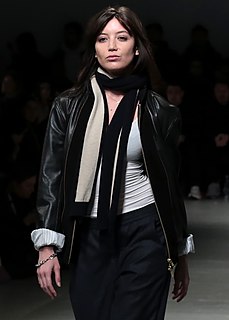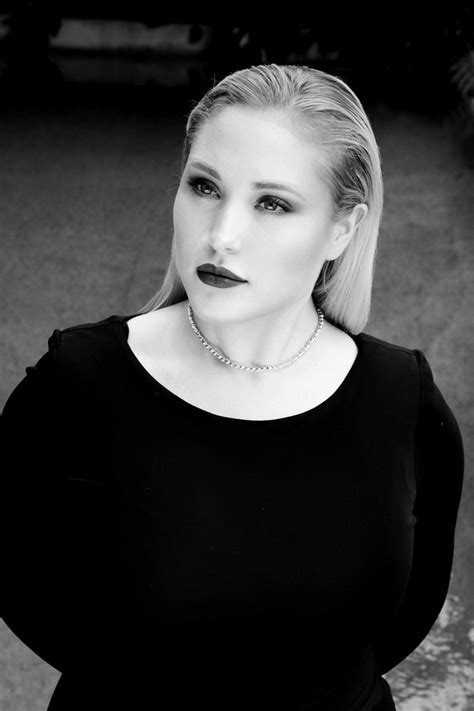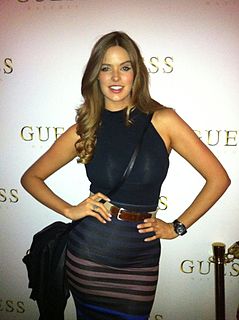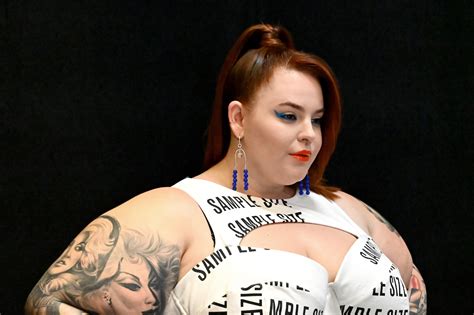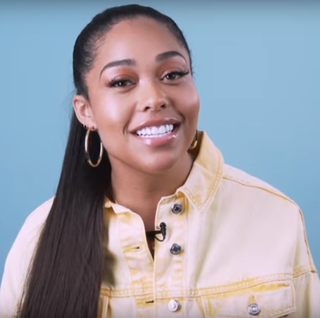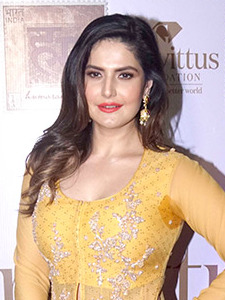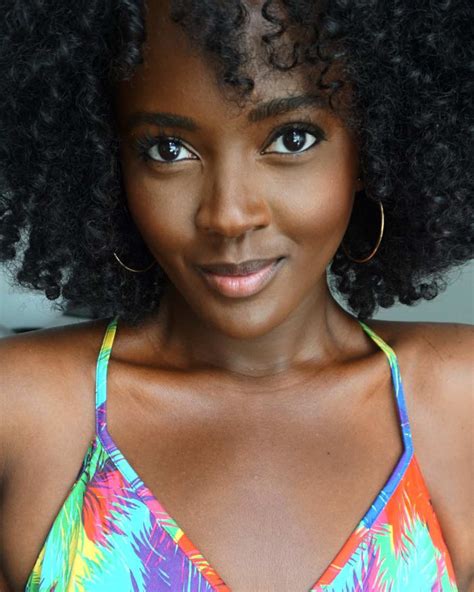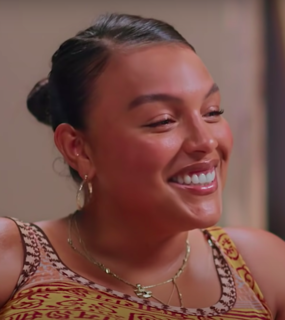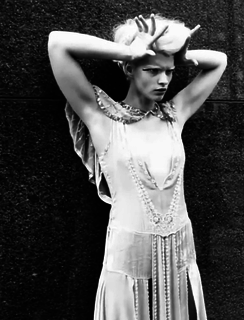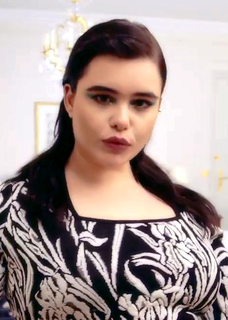A Quote by Daisy Lowe
I think the labels 'Plus Size' and 'Curvy' should be banned. You don't say 'White model' or Skinny model.' Why should 'Plus Size' models have a label.
Related Quotes
I have no problem with plus-size term because it kind of saved my life; however I don't love that we have to give each other titles. I don't think that there's any reason I should be any different than a size two girl. But I'm not embarrassed of that term. I'm lucky that I have a place where I can model and be healthy.
You cannot determine someone's health by the BMI alone. There are many factors that contribute to the health on an individual. If we're going to start using BMI to police straight size models, what's next? The plus size industry? To be honest, if it was down to BMI alone, most plus size models - including myself - wouldn't be working.
Most of the brands that have used me don't say I'm "plus-size" - and there are other plus-size girls doing really well. But there is still a gap in "normal size" girls being represented. There are so many size 8 girls in shape; they look hot, but there is a lack of diversity for them. At the moment there's an extreme on both size sides. But it's changing, and that can only be seen as positive.
